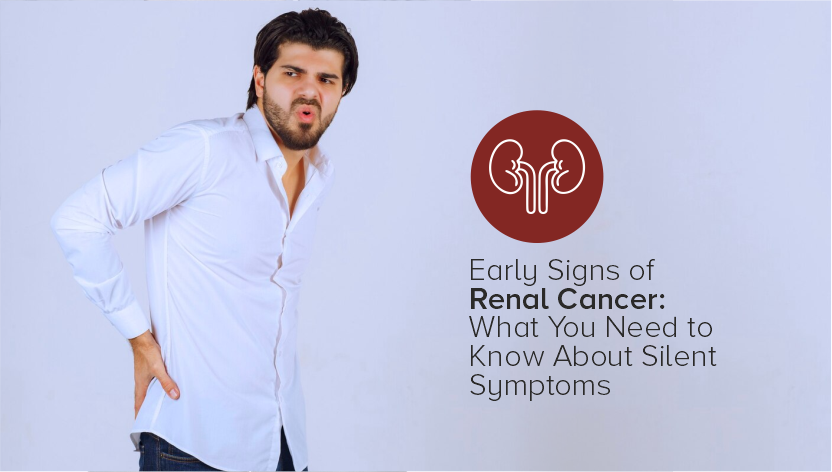Renal cancer often starts as a whisper. Before it makes its presence known, it can silently lurk in the shadows. This makes understanding early signs crucial. For many, catching these signs early means a better chance of successful treatment. Our experts at the American Oncology Institute are dedicated to raising awareness about these subtle hints that your kidneys might be sending.
